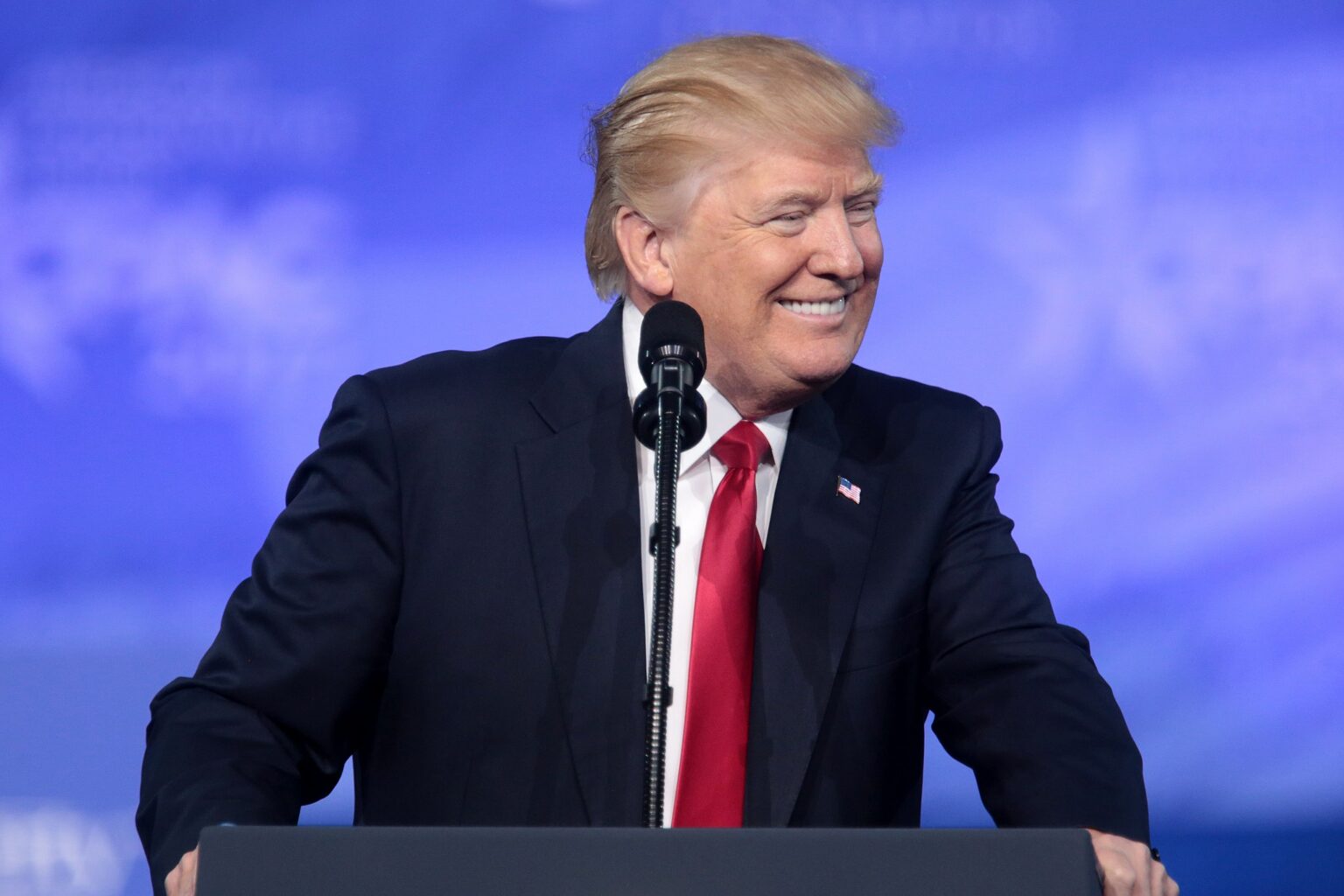Here’s what you should know…
Concerns are mounting over potential efforts by former President Trump to expand his influence over the Federal Reserve, stirring unease among experts and investors alike.
Reports from The Wall Street Journal indicate that a cohort of Trump allies is devising strategies to undermine the independence of the central bank, a persistent source of contention during his tenure. This scheme includes measures to potentially remove Fed Chair Jerome Powell, whom Trump initially appointed but frequently criticized throughout his presidency, despite legal safeguards against arbitrary dismissal.
Although the campaign has distanced itself from these proposals, their viability remains dubious, facing significant hurdles in Congress where previous attempts to sway the Fed faltered. Senate Republicans rejected three of Trump’s nominees to the Fed during his first term, citing concerns over their qualifications and autonomy. Several senators have already voiced opposition to any similar endeavors in a prospective second term.
Experts warn that such interventions could have dire consequences for the United States and its global financial standing. Ian Katz, Director at Capital Alpha Partners, highlights the potential for market upheaval should the Fed chair become beholden to presidential directives, undermining investor confidence and stability.
The Trump campaign has refrained from endorsing these plans officially, emphasizing that any announcements regarding presidential staffing or policy should come directly from President Trump or his authorized representatives.
The Federal Reserve, a politically independent institution, operates under a framework where governors are appointed by the president and confirmed by the Senate. However, the president holds no direct authority over the Federal Open Market Committee (FOMC), which determines interest rates. This separation of powers aims to safeguard against undue political influence, a principle upheld since the Nixon era.
Despite these safeguards, the Trump campaign’s reported intentions represent a departure from longstanding norms, seeking to erode the Fed’s autonomy. Proposals to subject the Fed chair to presidential consultation on interest rates and grant the White House greater control over regulations and emergency lending programs could upend decades of institutional safeguards.
While some argue that communication between the Fed chair and the Treasury Secretary is routine, the prospect of direct presidential involvement raises concerns about politicizing monetary policy. Even proposals for Trump himself to serve as an acting Fed governor face legal challenges and could sow uncertainty in financial markets.
Powell, whose term extends until 2026, has underscored the Fed’s commitment to nonpartisan decision-making, rebuffing Trump’s pressure to lower interest rates and emphasizing the importance of independence. Despite Trump’s criticisms, Powell remains steadfast in his resolve to fulfill his term and uphold the Fed’s mandate to serve the nation’s economic interests impartially.
Trump’s attempts to influence the Fed, whether through personnel changes or public pressure, have sparked debates over the institution’s integrity and the broader implications for economic stability. As the nation navigates future monetary challenges, the enduring question remains: will the Fed remain a bastion of independence or succumb to political pressures?
